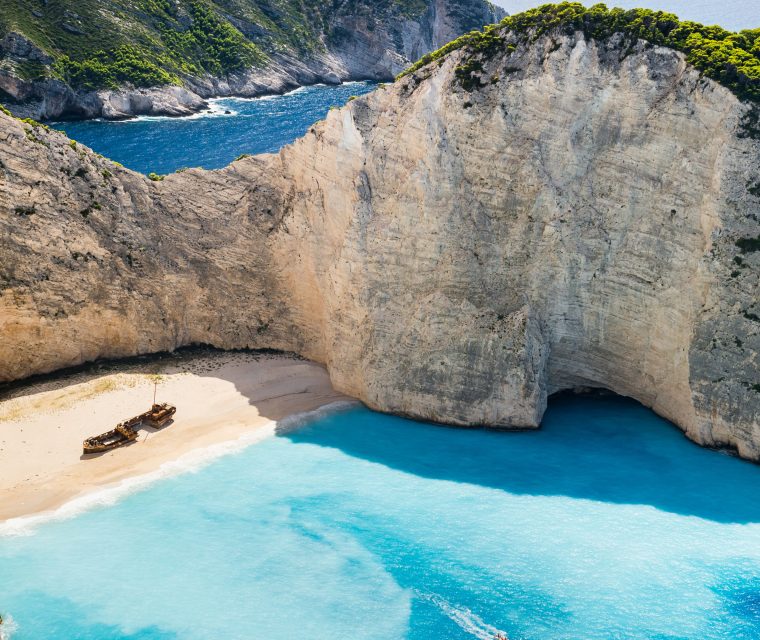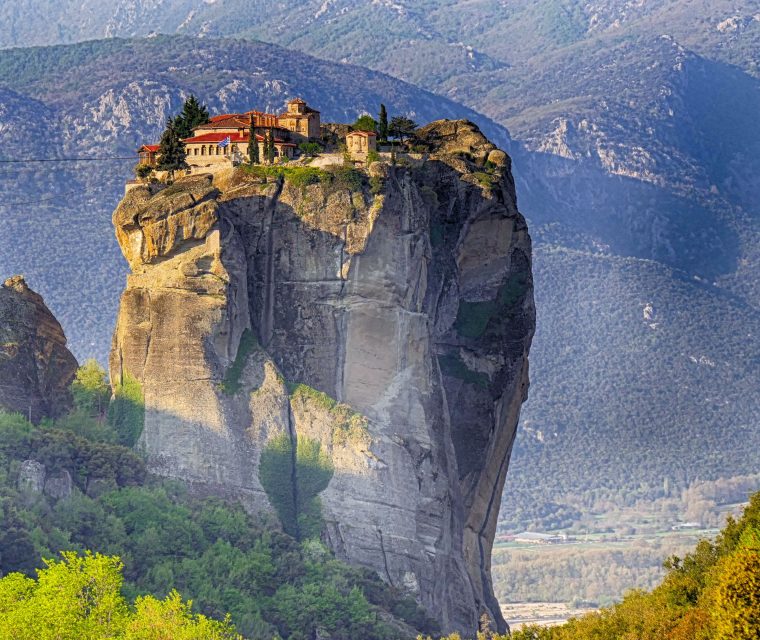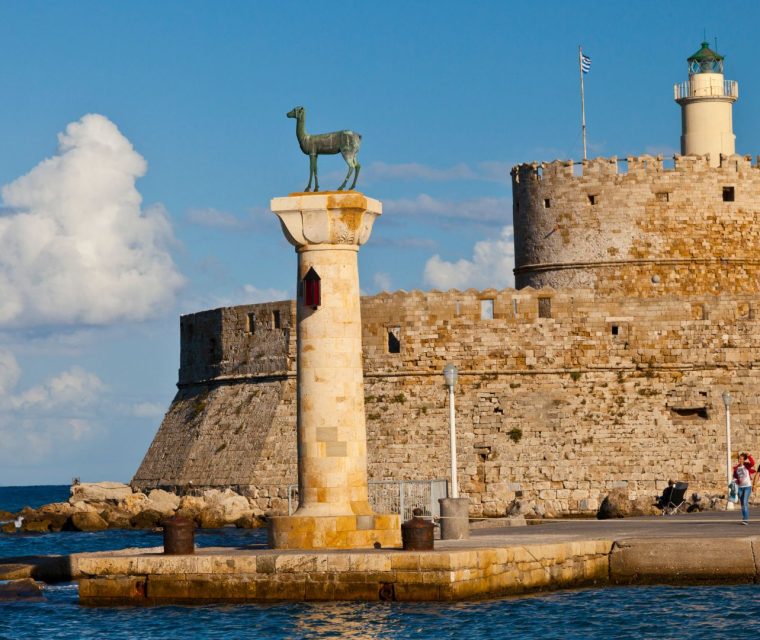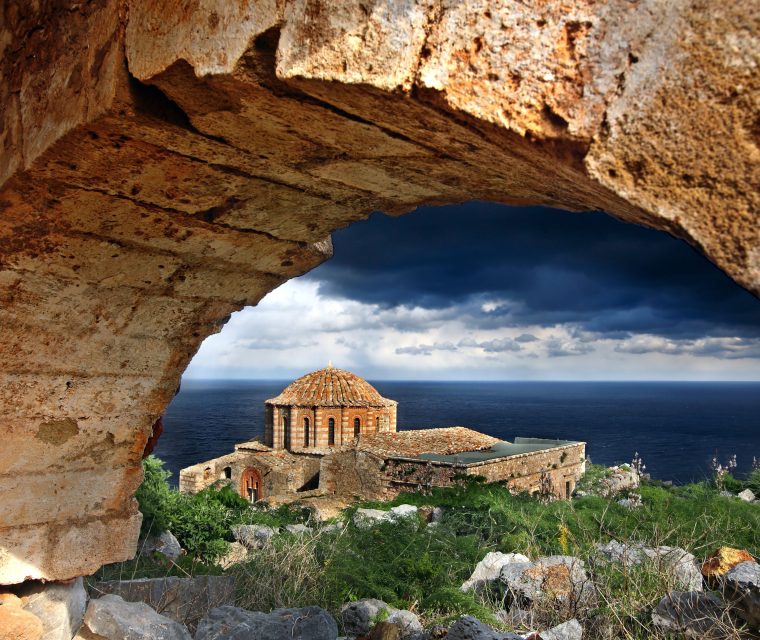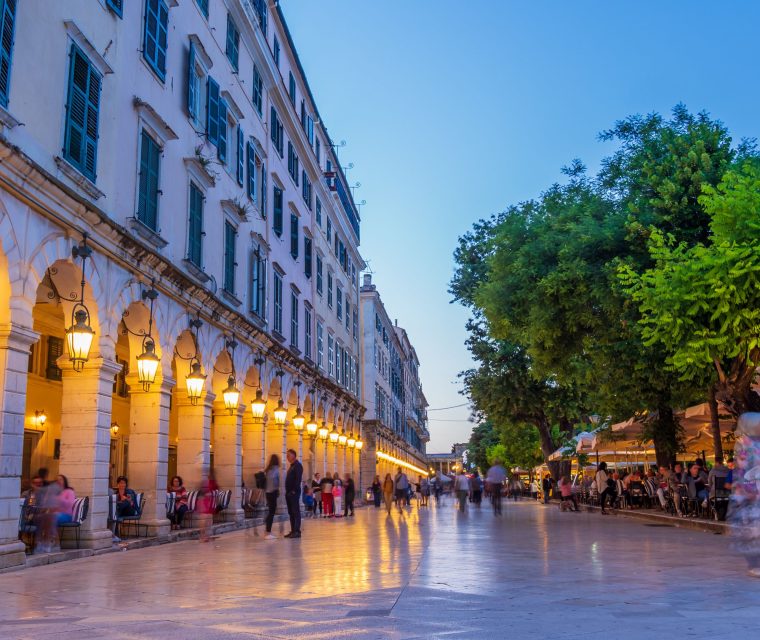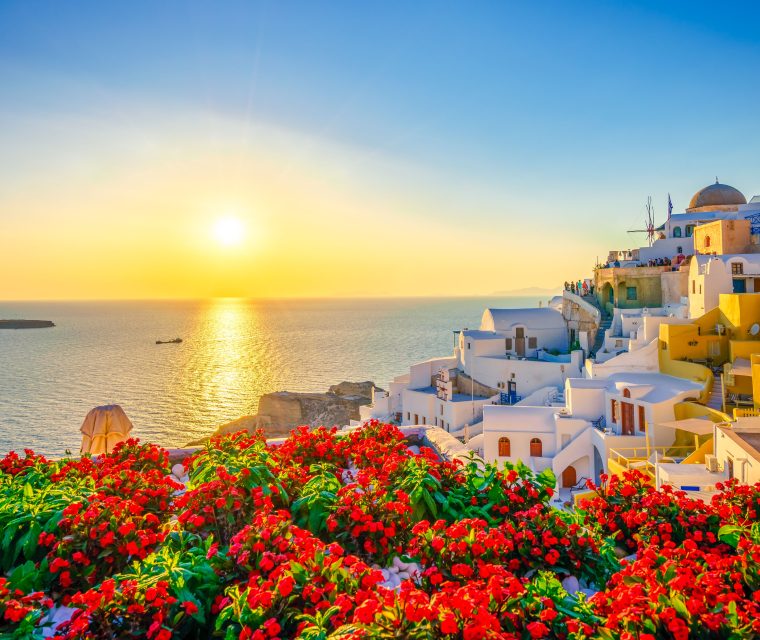Destination
Thessaloniki
Famed for its culinary scene, Greece's "co-capital" builds its reputation as one of Europe's most exciting and dynamic city break destinations. With a waterfront location at the Thermaic Gulf of Macedonia region, Thessaloniki is the second largest city in Greece after Athens. The city has a rich history and culture. In addition to being a great base for exploring northern Greece, it also functions as a commercial, business and transportation hub for this side of the country. It is one of the liveliest places to visit, with all kinds of facilities and a lovely seaside promenade.

Reasons to visit Thessaloniki
Visit Thessaloniki for its alluring combination of history and modernity, hosting Byzantine landmarks and vibrant cultural festivals. The city offers a rich gastronomic scene, breathtaking sunsets at the Thermaic Gulf, and a variety of entertainment options.
The city of Thessaloniki Greece was founded in 315 BC by King Cassander of Macedonia. It got its name from Thessaloniki, wife of Cassander and half-sister of Alexander the Great, who, in turn, was named like that after her father, King Phillip II of Macedonia, to commemorate his victory over the Phocians with the help of Thessalian horsemen. Thessaloniki, in Greek, actually means the "victory of the Thessalians". The Film Festival, the music Street Mode Festival, the Forest Festival, the Summer Festival, the Documentary Festival and the Street Food Festival, are some of the biggest events that take place every year in the city. At the same time, the Thessaloniki Concert Hall hosts some of the most important artists and performances in Greece.
Thessaloniki’s attractions consist of little gems of culture and history. The Hagia Sophia of Thessaloniki is one of the oldest and most important Christian churches. It has been included in the UNESCO World Heritage List alongside the Rotonda with its distinctive architecture. The White Tower is one of the most visited attractions in the city. There is also a great abundance of museums with the most important ones being the Archaeological Museum, the Museum of Byzantine Culture and the War Museum.





